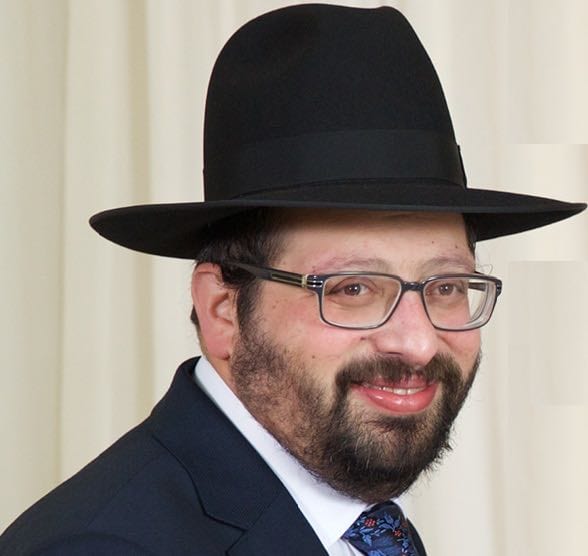
Vayikach Yisro .. es Ziporah .. Veis shnei vonehu asher shem hoechad Gershom .. Veshem hoechad Eliezer. Jethro the father in law of Moses took Zipporah and her two sons of whom the name of one was Gershom , and the name of one was Eliezer. ( Shemot c 18 v 2- 4) Why does the Torah use that terminology for Eliezer ‘ the name of one’ shouldn’t it have said ‘the name of the second one?’ We find by the sacrifice of the daily Tomid offering, the Torah says you shall offer one sheep in the morning and the second sheep in the afternoon. (Shemot c 29 v 39, Bamidbar c 28 v 4)So why doesn’t the Torah use the word “second” when it mentions Eliezer as he was the second son ? ( See Ibn Ezra , Rabeinu Bachaya, Or Hachaim and Hamek Dovor)
The Medrash (Shemot Raboh 2,2) says that the reason why Moshe Rabeinu became the leader of the nation was because of the incident when Moses was tending to his father in laws Jethro flock. One of the sheep ran away to find some water to drink, when Moses found the sheep he was filled with compassion and said ‘I didn’t know you were thirsty’ and he carried the sheep back on his shoulders. Said HKBH judging by the amount of compassion you have on a sheep, you are fitting to pasture my sheep- Israel.
We can learn from here how much obligation each leader, teacher or Rebbe has, to look after each individual in his flock or classroom. They must ensure that each person fulfils his potential and not be satisfied with the majority, every single person should be doing well on their level.
The Brisker Rav ztl said if you were to ask a cheder rebbe ‘which of your students do you have in your mind’ he will most likely tell you about the best one. Conversely if you would ask a parent which child is the most on their mind they will tell you about the one struggling in school or the child who has some other problems , because parents focus on the individual needs of each child. This explains why when the Torah addresses teachers it says ‘Veshinantom Levonecho (Devarim 6,7)’ the teacher has a duty to be mechanech each child as if they were his own and concentrate on their individual needs.
Rabbiner Hirsch explains that this is the lesson the Torah is teaching us by Eliezer ” the name of one was Eliezer.” Parents have the duty to look at each child uniquely and treat and care for them as if they were an only child. The same amount of effort a person would invest if he would only have one child is the duty to input into each one of our children.
Furthermore every child is different and requires their own individual approach to chinuch as it says in Mishlei (22,6) ” Train the youth according to his way, so that when he is old he will not leave it “. In the Passover Haggadah we learn about the four sons, Arba bonim dibroh Torah echad Chacham,echad Rosho,echad Tam,vechad Sheino yodai lishoel. The word “echad” is mentioned four times to remind us to look at each child as if they are our only child and each child requires their own approach to chinuch.
Rebbetzen Adler from LA recounted a story from her youth. ‘My friends once convinced me to join them on an outing to the theatre, so I asked my grandfather Reb Shlomke of Zvhil for some money. My grandfather handed over the money and I was thrilled, but as I was about to leave the room he called me back and said, “You asked me for some money for the theatre which I gave you, however if you go it will break my heart.” I immediately told my grandfather that I wouldn’t be going.’
Every child has his own approach to chinuch , just like Reb Shlomke found the key to his granddaughter’s heart, so too must we find the right approach to each individual child.
May we merit seeing nachas from our children.
Shabbat Shalom.







